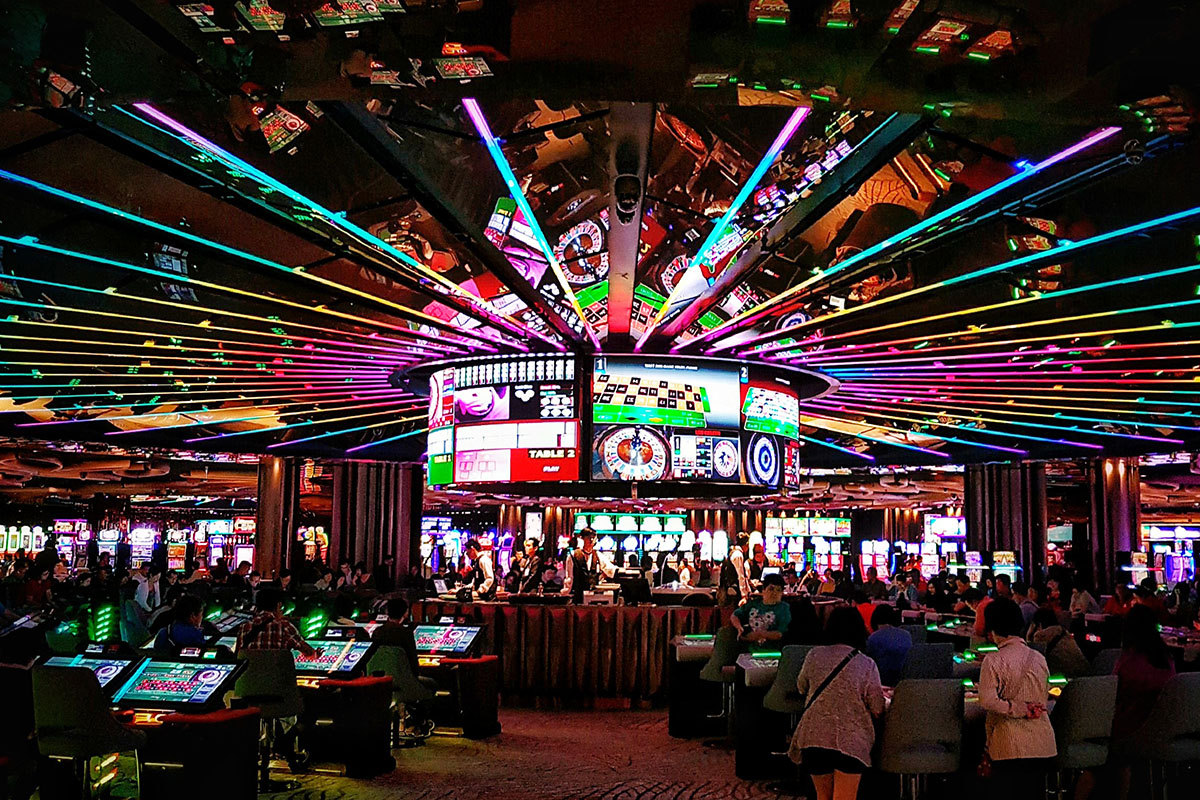
Gambling games have captivated for years a wide range of players, offering not only excitement through chance but also a distinct experience crafted for diverse player types. Ranging from strategic players who thrive on skill and calculation to more casual gamers seeking entertainment, casinos understand the nuances of their audience and design games that meet these differing tastes.
In investigating the realm of gambling games, we encounter a rich tapestry of options that appeal to players of all kinds. Competitive poker tables attract competitive individuals, while vibrant slot machines attract those seeking instant gratification. Whether it be the lure of winning large or simply enjoying the social atmosphere, casinos create their game offerings to ensure that all players find a place where they feel comfortable and engaged. Recognizing how these games cater to diverse types of players can enhance not only our appreciation of them but also how we approach selecting which games to play.
Grasping Gamer Groups
In the diverse world of gambling entertainment, players can be classified into separate categories based on their incentives and likings. These gamer kinds range from the relaxed and community-oriented gamers, who enjoy the enjoyment value and interactive connections that gambling provides, to the more tactical and analytical players, who seek to increase their chances and winnings. Comprehending these various player types is essential for casinos to tailor their services and design engaging settings.
One popular category is the communal player, who considers casino games as a form of community interaction and entertainment rather than a high-stakes gambling endeavor. These gamers often enjoy games that encourage engagement and camaraderie, such as blackjack. Their attention is on the experience rather than the result, so dynamic environments and collective moments are what they hold dear the most.
On the opposite end of the range, strategic players are inspired by contest and the pursuit of ability. They tend to gravitate toward games that demand decision-making and strategy, such as poker, where their skills can influence the outcome. This kind often interacts with the games on a more intense level, utilizing expertise and tactics to secure an edge. Understanding these motivations allows casinos to create settings and game selections that suit to each player’s distinct choices.
Strategies for Game Design
Gambling games are created with diverse player types in mind, utilizing multiple strategies to draw in and engage them. For recreational players, the focus is on simplicity and clarity. Games like slot machines are frequently visually appealing with simple mechanics. This allows players to enjoy the experience without a difficult learning curve, fostering an inviting atmosphere. The bright colors, engaging audio, and themes create a fun environment where players can quickly get involved and entertained.
For strategic players who enjoy a deeper level of involvement, games such as poker and 21 offer depth and skill-based elements. These games feature strategy and tactical choices, attracting to players who thrive on competition and want to exercise their mental skills. The design of these games regularly includes complex rules and mechanics that test players to refine their skills and develop strategies over time, creating a fulfilling experience for those who enjoy perfecting the game.
Moreover, community-oriented players are considered through games that highlight interaction and community. This comprises live casino options and multiplayer formats, which cultivate a sense of camaraderie among players. The design of these games often includes chat features and social elements, allowing players to connect and share experiences. By creating an environment where interaction is promoted, casinos can effectively involve community players, making the gaming adventure more pleasurable and memorable.
Enhancing Player Experience
Betting titles have advanced considerably to provide a significantly engaging experience for players. Software developers focus on immersive visuals, dynamic soundscapes, and innovative gameplay mechanics that pull gamers into the casino atmosphere. By employing digital advancements, such as virtual reality and augmented reality, gaming establishments ensure that participants feel as if they are part of a exciting experience, enhancing in addition to the enjoyment of the games but also the overall experience of being in a casino. RR 88
Social interaction is another key element in boosting participant experience in betting games. Many titles are crafted to facilitate interaction among players, whether through multiplayer modes or chat features. This interactive component attracts players who enjoy connecting with other participants while playing, promoting a community vibe community. Furthermore, social features can include ranking systems, tournaments, and incentives for team gaming, which capture competitive gamers and encourage them to return for further.
In conclusion, tailoring plays a crucial role in customizing the experience for various participant categories. Betting companies and title creators study participant habits and preferences to present customized game options and incentives. By understanding the unique preferences of participants, casinos can present tailored promotions, bonuses, and new titles that resonate with each gamer, thus boosting their total enjoyment and commitment to the betting establishment.
